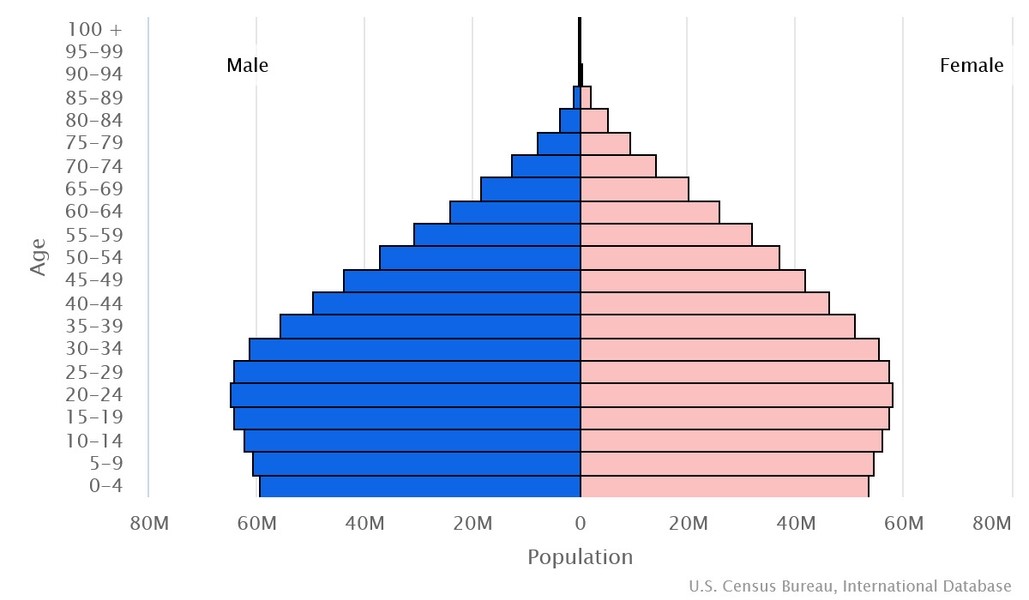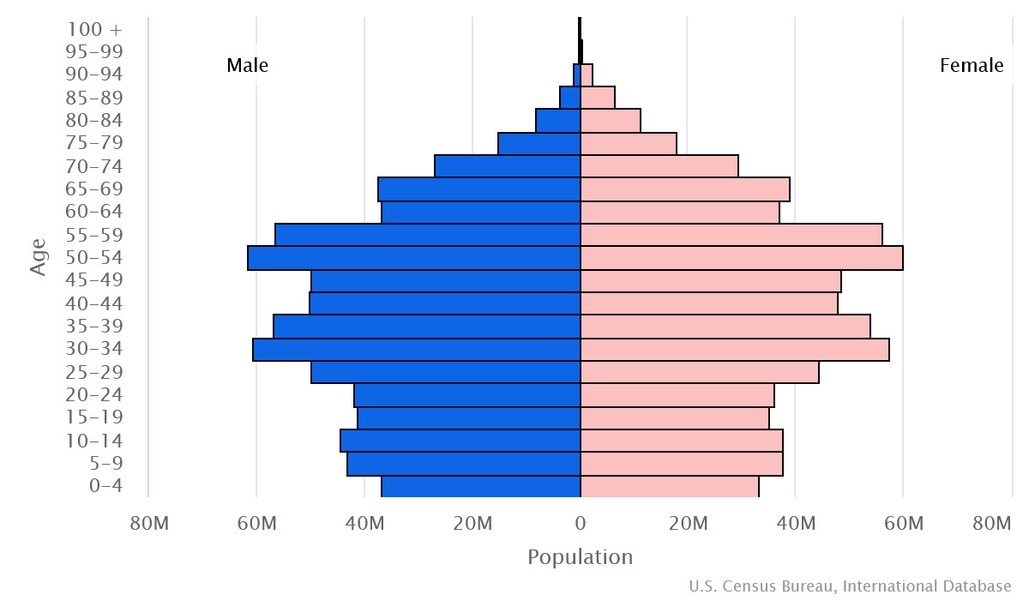Or it’s the incompetence of New York City’s Progressive-Democratic mayor, Eric Adams.
After warning that a surge in illegal arrivals to the Big Apple would “destroy New York City” and blaming the influx for prompting budget cuts, New York City Democratic Mayor Eric Adams reportedly plans to provide illegal alien families with pre-paid credit cards.
A key aspect of Adams’ scheme:
The plan will begin with a $53 million pilot program targeting the migrant residents of the Roosevelt Hotel. Run through Mobility Capital Finance, the pilot plan will provide 500 families with an Immediate Response Card for use on food and infant care supplies.
That works out to $106,000 per illegal alien family. How does that compare with the amounts Adams’ budget commits to the city’s resident—and American citizen—homeless families? How does that compare with the amounts Adams’ budget commits to “ordinary” welfare payments to the city’s resident—and American citizen—families who are at the bottom of the city’s economy?
And this:
The city estimates that roughly 15,000 migrant families currently reside in NYC hotels and the administration plans to expand the program to all of them should the pilot program prove fruitful.
At $106k per each, that accumulates, according to my third grade arithmetic, to $1.59 billion. Beyond that, what logic supports the blatantly unequal treatment that favors those 15,000 families while leaving all those remaining illegal alien families literally out in the cold? Of course, that would run the bill up another billion-and-a-third….
From where does Adams expect to draw those $106k per family in his self-proclaimed environment of City destruction and attendant budget cuts? It’s more of his magical thinking.


